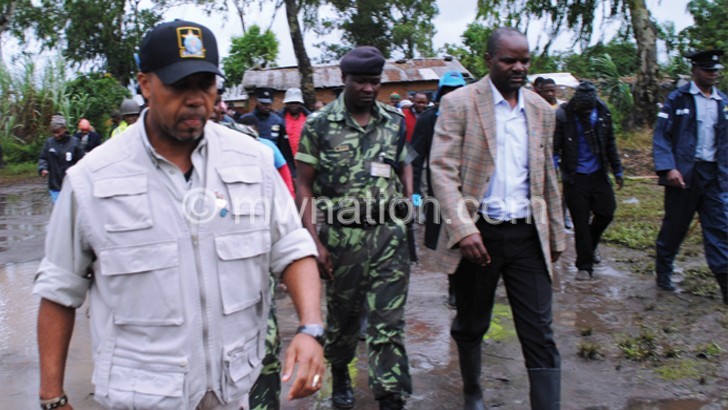Chilima urges African governments to invest in agriculture
Vice-President Saulos Chilima has urged African governments to invest in areas that intensify agricultural productivity and improved water management and technology.
Speaking on Tuesday at the inauguration meeting of the Malabo Montpellier Forum in Cotonou, Benin, which he is co-chairing alongside Benin’s Minister of State for Planning and Development Abdoulaye Bio Tchane, Chilima said there is need to do more to achieve sustainable food and nutritional security on the African continent.

The forum is providing a platform for leaders from several African countries and international development partners to discuss strategies for beating hunger and malnutrition on the continent.
In his speech made available to Nation Onkline, Chilima, apart from calling for investment in market information technologies, climate resilience building, product standardisation and food safety regulations, says there is need for diversification of production systems and diets with indigenous fruits, vegetables and grains.
Stated the Veep: “The importance of food and nutrition security cannot be overemphasised. Food and nutrition are a priority in their own right, [but they also] triggers activities in other socio-economic spheres.
“Food and nutrition is a matter of national peace, improved education outcomes, improved health outcomes, improved labour productivity and improved cognitive development.”
In his speech, Tchane described the forum as one of the high level platforms in Africa dedicated to evidence-based dialogue and exchange on critical issues of food security and agricultural growth.
The Malabo Montpellier Forum works in parallel with the Malabo Montpellier Panel which gathers evidence and prepares reports after the forum gathers decision makers at the highest level to discuss the successes and challenges presented by evidence.
It comprises 17 leading African and European experts in agriculture, ecology, nutrition, public policy and global development.





